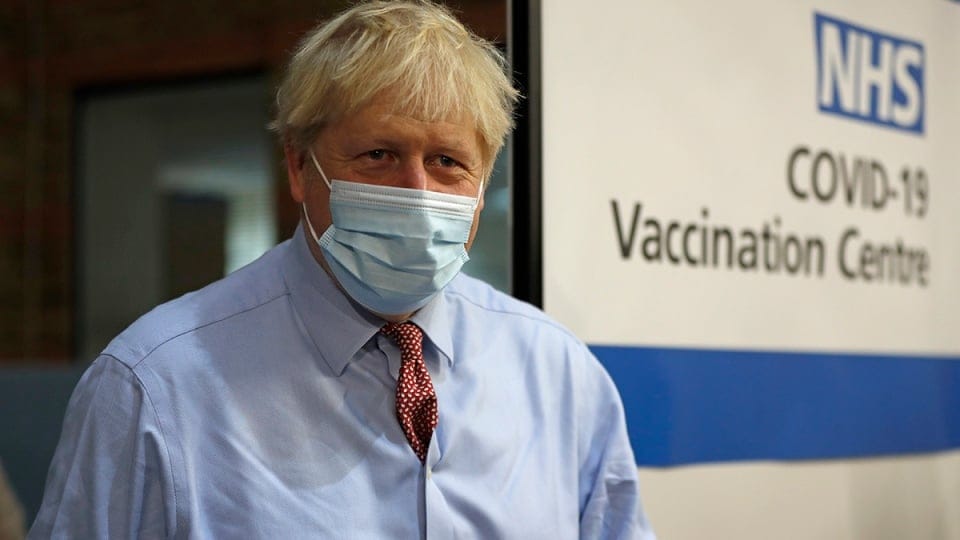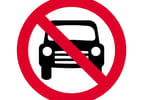British Prime Minister Boris Johnson made an announcement today, confirming that new COVID-19 Omicron variant has claimed its first victim in the United Kingdom.
“Omicron is producing hospitalizations and, sadly, at least one patient has been confirmed to have died,” said Johnson during a visit to a vaccination clinic in West London on Monday.
The Prime Minister urged people not to write off Omicron as a “milder version of the COVID-19 virus,” considering the “sheer pace at which it accelerates through the population.”
The takeaway message from Johnson’s statement was that a booster dose of COVID-19 vaccine could minimize the risk of infection or, failing that, at least render the symptoms less dangerous.
Yesterday, Boris Johnson had warned the Brits that there was a “tidal wave of Omicron coming.” He had also set a new deadline: that, by the end of December, boosters would be available for all those willing to get additional protection from the coronavirus.
A total of 3,137 Omicron cases have been detected in the UK to date, according to latest data. However, most of those patients are being treated at home, with only 10 of them currently hospitalized in England, UK Health Secretary Sajid Javid said on Monday.
Amid the rapid spread of the new strain, the British government made the decision on Sunday to move the nationwide COVID-19 alert level from 3 to 4, which indicates that “transmission is high, and direct COVID-19 pressure on healthcare services is widespread and substantial or rising.”
Omicron strain of COVID-19 was first reported in South Africa on November 24, with the World Health Organization (WHO) raising the alarm over the new strain’s extensive mutations, which have the potential to make it more contagious or deadly. The news triggered a panicked reaction, with European nations imposing travel bans on South Africa and several other countries on the continent.
However, that did not stop Omicron appearing in Europe, with the first case being detected in Belgium on November 27. Shortly afterwards, the mutated virus was identified in most other European nations, including the UK, as well as in the US, Russia, Japan, and other countries across the world.
It is still not clear whether Omicron is more deadly than its predecessors, and how existing vaccines are likely to fare against the new strain.
WHAT TO TAKE AWAY FROM THIS ARTICLE:
- Amid the rapid spread of the new strain, the British government made the decision on Sunday to move the nationwide COVID-19 alert level from 3 to 4, which indicates that “transmission is high, and direct COVID-19 pressure on healthcare services is widespread and substantial or rising.
- Omicron strain of COVID-19 was first reported in South Africa on November 24, with the World Health Organization (WHO) raising the alarm over the new strain's extensive mutations, which have the potential to make it more contagious or deadly.
- Shortly afterwards, the mutated virus was identified in most other European nations, including the UK, as well as in the US, Russia, Japan, and other countries across the world.























